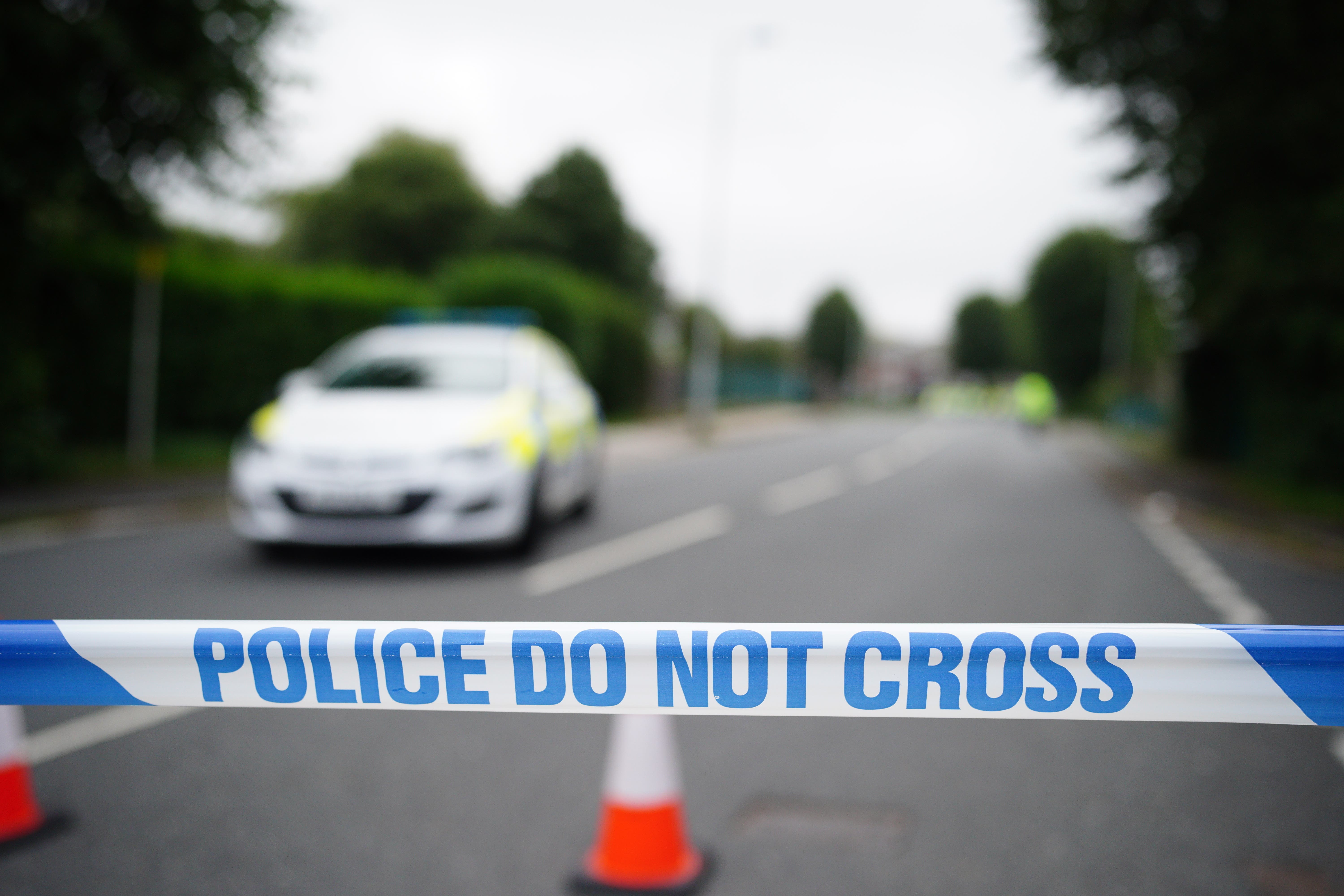Police recorded hate crime more than tripled over the last decade
The figures logged by forces in England and Wales have hit a new record high.

The number of hate crimes recorded by police in England and Wales has more than tripled over the last decade and is now at a new record high.
There were 155,841 offences recorded by forces in England and Wales in the year to March 2022, up 26% from the previous year (124,104).
Figures have consistently risen since 2012/13 and this is the biggest percentage increase in police recorded hate crimes since 2017 when there was a 29% rise.
The latest figures show the majority of hate crimes continue to be racially motivated, accounting for 70% of the offences recorded.
There were 109,843 such hate crimes recorded in the 12 months to March 2022, up 19% from the previous year. This is the first time the number recorded has topped 100,000.
Religious hate crimes rose by 37% to reach its highest level on record (8,730). Sexual orientation hate crimes increased by 41% to 26,152, while those motivated by disability rose by 43% (14,242). Transgender identity hate crimes rose by 56% to 4,355.
Some crimes are recorded as having more than one motivating factor.
In a report published on Thursday the Home Office said it was “uncertain to what degree the increase in police-recorded hate crime is a genuine rise or due to continued recording improvements and more victims having the confidence to report these crimes to the police.”
Increases in the latest year were partly due to the “suppressant effect” of restrictions in place during the coronavirus pandemic when lower levels of crime were recorded, it added.
The 2016 EU referendum, terror attacks in 2017 and protests in 2020 are all considered to have been behind short-term rises in hate crime reports over the last few years.
England’s defeat at the Euro football championships in July 2021 is likely to have contributed to a rise in racially and religiously aggravated offences, as did the easing of coronavirus restrictions, previous PA news agency analysis also suggests.
Alarm bells should be ringing for anyone looking at these figures
Homophobic and transphobic hate crime recorded by police in the UK rose sharply between May and August 2021 after lockdown restrictions were eased, data obtained by PA through freedom of information requests also revealed.
Dr Hannah Dennis, a clinical psychologist at HRD Consultancy, called on the Government to deliver “more messages of compassion”, adding: “Unfortunately, some of the current government policies could be seen to engender disregard towards those who are less able to contribute to the economy and also hate towards those who are from another country, yet seeking refuge or asylum in this country.”
Jabeer Butt, chief executive of the Race Equality Foundation, said: “Alarm bells should be ringing for anyone looking at these figures.
“The rise in all kinds of hate crime – with racially motivated hate crime being the highest – speaks volumes about attitudes towards minoritised people in England and Wales.”
Diana Fawcett, chief executive at charity Victim Support, said: “We regularly see spikes in hate crime linked to world events. The past year has been no different – the war in Ukraine, along with debates around domestic policy and polarising discussions on social media all feed into how we see the world.
“So, while it’s impossible to point to anything specifically that may have caused the rise, we know that hate crime is fuelled by what’s happening in society at large.”
She also described hate on social media as “pervasive and insidious” because it affects anyone from a “targeted community” who sees such comments.
The Equality and Human Rights Commission added: “No-one should ever be subjected to violence or harassment for who they are and the sharp increase in reports of hate crimes against trans and disabled people is of particular concern.”